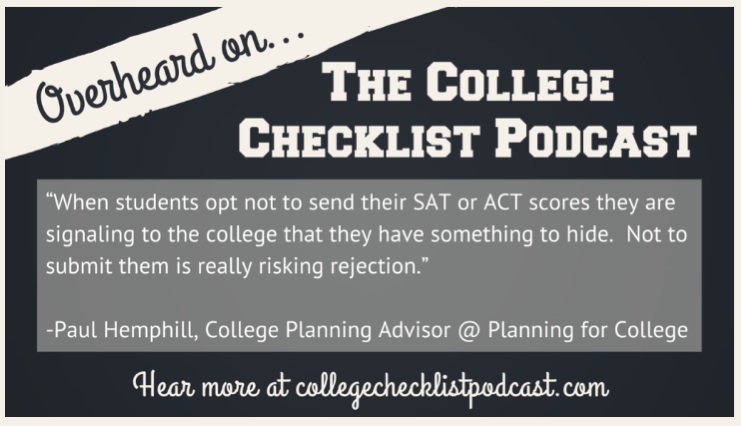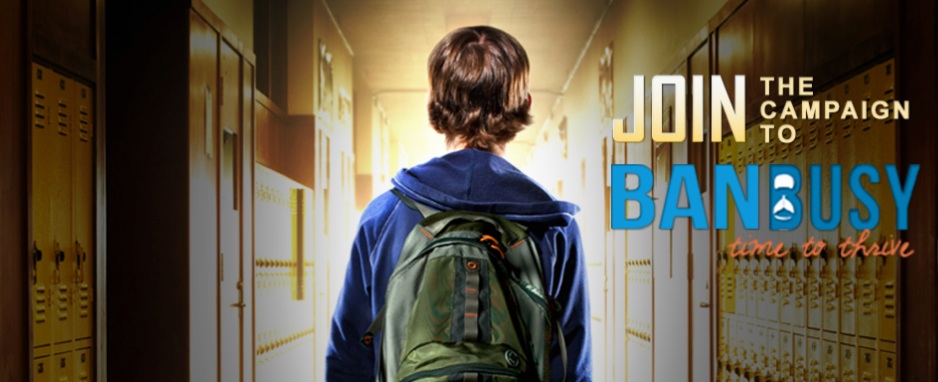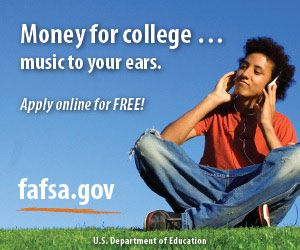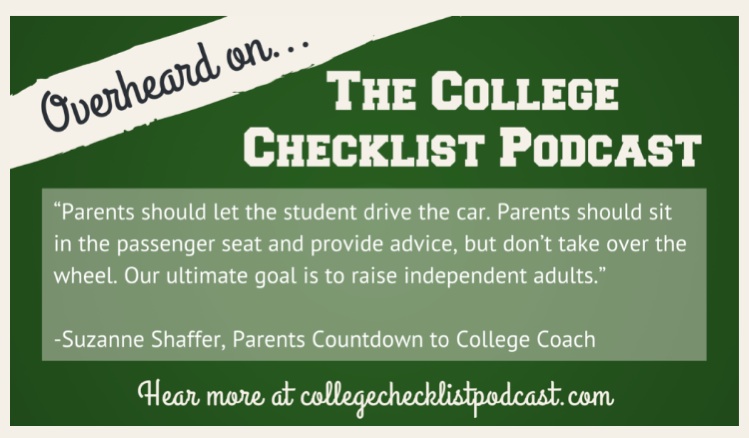 Higher education is a complicated issue for many students and parents today. College education is a necessity for finding success and prosperity in many career paths, but rising concerns about student loan debt and graduate unemployment are making the process of pursuing education more stressful and uncertain than ever before. Community colleges are becoming increasingly popular options for students everywhere, as a means of securing foundation credits before transferring to a university. Is community college a path that your teen should consider?
Higher education is a complicated issue for many students and parents today. College education is a necessity for finding success and prosperity in many career paths, but rising concerns about student loan debt and graduate unemployment are making the process of pursuing education more stressful and uncertain than ever before. Community colleges are becoming increasingly popular options for students everywhere, as a means of securing foundation credits before transferring to a university. Is community college a path that your teen should consider?
Community college gets a bad rap
Community colleges are often viewed as being stigmatized in many academic circles. Students and parents alike disdain the idea of a community college education because they believe that more prestigious institutions will look down upon them. Worries about how an employer will view community college education on a resume are disconcerting as well. However, you shouldn’t be concerned about such fallacies. Your teen can study at a community college before transferring to another school, and still have access to all the same opportunities as every other student.
Consider the costs
With college costs soaring, community college remains one of the most affordable options—in fact, it can save you a bundle.
•Community college tuition is significantly lower than that of traditional colleges and universities as well as public institutions.
•While attending a local community college, students can often remain living at home saving on room and board which on average is close to $10,000 a year.
•If your child is employed while in high school, they can keep their job by staying local throughout their college years. This income can often go a long way towards helping pay for transportation and college costs.
•If low grades are preventing your child from getting a scholarship at a college or university, attending a community college to earn an associate’s degree can be an affordable stepping-stone.
While you can likely finance an expensive private college or university with federal student loans or private loans—consider too that your child will be one-step ahead financially if they can enter the workforce debt-free.
Getting an education with potential
Gone are the days when masses of young people went to college for a general liberal arts degree with no specific career focus in mind. With the sagging job market, students have their eye on promising careers with upward mobility and lucrative salaries. For students looking to enter rapidly growing job markets, community college can be a viable option.
Many in-demand, well-paying, jobs require only an associate’s degree. More and more educational programs are offering these career-focused degrees. Careers such as electricians, plumbers, and mechanics are financially lucrative and graduates who can work in these fields are in high demand.
Many graduating seniors have decided to take the community college path before heading off to a 4-year university. They will tell you that they’ve made that choice for several reasons: cost, academic preparation, and the freedom to stay at home for the first few years. Community colleges aren’t just training grounds for technical careers, they are also the first stop for about 4 in 10 of college-bound high school graduates.
Community college might not be for everyone. But, it might be a perfect fit for your teen. And, if your teen is planning on making it the start of a 4-year degree plan, do some research and verify that the classes will transfer to the university they plan to attend.
Read Wendy’s blog: 3 Surprising Reasons to Consider Community College
________________________
Wednesday’s child may be full of woe but Wednesday’s Parent can substitute action for anxiety. Each Wednesday Wendy and I will provide parent tips to get and keep your student on the college track. It’s never too late or too early to start!
The bonus is on the fourth Wednesday of each month when Wendy and I will host Twitter chat #CampusChat at 9pm ET/6pm PT. We will feature an expert on a topic of interest for parents of the college-bound.
Wednesday’s Parent will give twice the info and double the blog posts on critical parenting issues by clicking on the link at the end of the article from parentingforcollege to pocsmom.com and vice versa.










